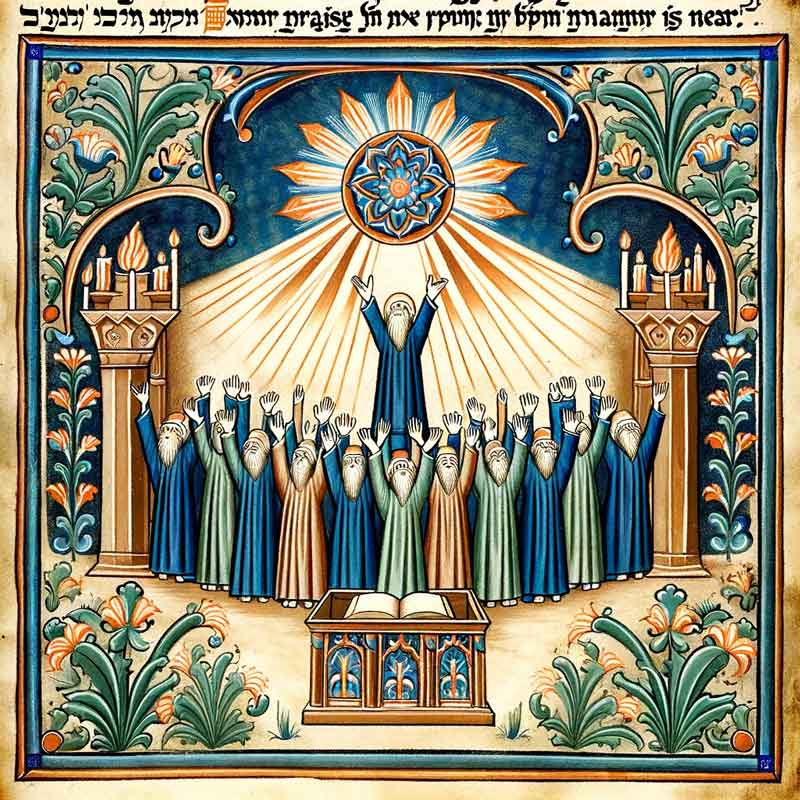Question from a Reader
Dear Rabbi Joshua,
I’m studying Tehillim and would love to get a deeper understanding of Psalm 75. Can you provide an explanation of its themes and significance?
Thank you,
Joseph M.
Overview of Tehillim 75
Dear Joseph,
Psalm 75 (Tehillim 75) is a profound piece of poetry and theology, offering insights into divine justice, human humility, and the ultimate power of God. Attributed to Asaph, a Levite musician and seer, this Psalm reflects a deep acknowledgment of God’s role in the world’s affairs.
The Psalm can be divided into several key themes, which we will explore in detail.
Recognition of God’s Judgment
The opening verses of Psalm 75 declare a recognition of God’s timely judgment. The Psalmist begins with gratitude, acknowledging that God’s judgments are executed with fairness and at the right moment. This reflects a fundamental Jewish belief in divine justice.
The Symbolism of the ‘Cup’
In verses 8-9, there is a powerful metaphor of a cup filled with a mixture of wine, symbolizing God’s wrath. In the ancient Near East, wine often symbolized life’s fortunes, both good and bad. The Psalmist conveys that God administers justice by making the wicked drink from this cup, thereby experiencing the consequences of their actions.
Contrasting the Righteous and the Wicked
Psalm 75 contrasts the fate of the righteous and the wicked. It speaks of the eventual downfall of the arrogant and the exaltation of the righteous. This theme is central to Jewish thought – the belief that though the wicked may flourish temporarily, ultimate justice will prevail.
The Horn Metaphor
Another metaphor used is that of the horn, a symbol of strength and honor in ancient cultures. The Psalmist mentions the cutting off of the horns of the wicked, symbolizing the diminishment of their power, while the horns of the righteous will be lifted.
Conclusion
In summary, Tehillim 75 offers a powerful reflection on divine justice, the temporality of human power, and the ultimate triumph of righteousness. It serves as a reminder of the importance of humility and trust in God’s plan.
May your study of Tehillim continue to enrich and deepen your faith.
Shalom,
Rabbi Joshua



